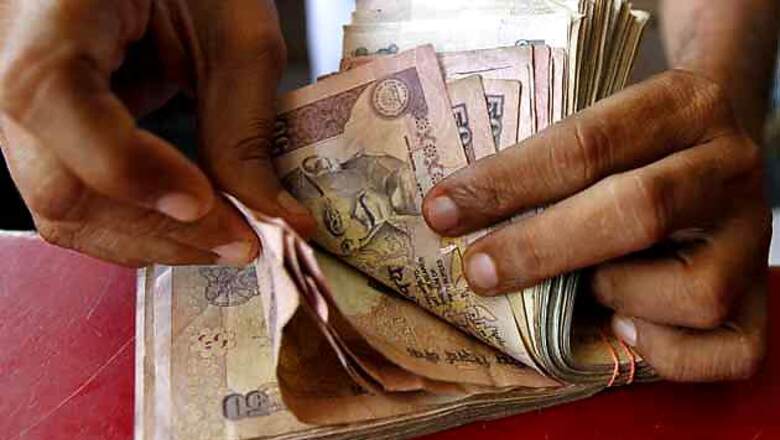
views
The market, like every time, has huge expectations and this time, hopes are revolving around lowering of subsidy burden, widening the tax net, supportive policies for the industry and rational allocation of funds. Also, some key points present in the agenda of the new government which should form part of the union budget should be to re-invigorate investment cycle and reviving Indian economy on a priority basis.
With lower crude prices, government is now in a better position in terms of its fiscal balances as oil imports occupies a major chunk in our im-port bill. Commodity futures trading also deserves attention this time, keeping in mind government's agenda of Make in India. A large number of measures are required to bring back liquidity and to make market more efficient.
Union Budget Expectations for Commodity Trading
Amendment of FCRA: Traders and investors from commodity derivatives market are expecting the government to announce steps to restruc-ture the Forward Contracts Regulation Act (FCRA). This would increase depth in the market and will help in efficient price discovery. There is a need to increase market participation by allowing banks, MFs, FIIs which will also help in preventing price manipulation and help hedgers to efficiently hedge their exposure in physical markets.
Abolition of CTT: Market participants are expecting the government to re-duce the Commodities Transaction Tax (CTT) which was levied in year 2013 on metals, bullion and a few processed agri commodities.
Levy of CTT was strongly opposed by commodity exchanges, traders, bro-kers and investors. Commodity trading in India is just 10-year old and get-ting away with CTT may lure more participants, thereby increasing the over-all turnover. In India, more than 80% of the trade volumes take place in bul-lion, metals and energy and CTT has resulted in a significant drop in trading volumes in these segments. Unlike in stocks or agri commodities, daily movement in the above mentioned commodities are generally very low, re-sulting in most of the profits that a trader makes, being lost in the existing charges. FMC needs to take up with the Finance Minister on the need to reduce CTT to bring back liquidity and market depth in the commodity futures trading in the country. The CTT should be reduced to Rs 1 per crore of trading to encourage the markets and the amount collected should be diverted to improve warehousing and infrastructure facilities.
Union Budget Expectations for Base Metals Industry
A reduction in excise duty on copper is widely expected this time, in order to improve the cost competitiveness of Indian capital goods companies.
The government's plan to turn India into a manufacturing hub will need a big budget boost. For this, a lot of metal will have to be imported into the country and hence import duty on ores and metals require a slash in import duty. This will likely boost metals' market in India.
Union Budget Expectations for Energy Industry
Finance Minister Arun Jaitley may look at re-imposing five per cent customs duty on crude oil imports to shore up revenues by $3 billion and create a level-playing field for domestic producers.
Presently, the government does not levy any import or customs duty on crude oil imports. On the other hand, domestically produced crude oil attracts two per cent central sales tax, something which imported oil is exempted from.
Union Budget Expectations for Agri Commodities
Exemption of CTT for processed agricultural commodities to ensure a pickup in volumes in the futures market
Passing on benefits of a fall in petrol/diesel prices to ensure reduction in freight charges
Investment funds in warehousing sector to prevent wastage of food
Bank accounts for farmers for each and every household for direct transfer of subsidies and loans
Subsidized loans to farmers and safeguarding them from crop losses through crop insurance
Availability of quality agri inputs like fertilizers, seeds and advanced technology inputs
Providing irrigation facilities and electricity at cheap rates to farmers
Upgrading weather forecasting system - IMD, for accurate monsoon forecasts which could enable farmer to take informed decisions.
Investments in transportation and infrastructure like roads and railways to reduce transportation costs for farmers for their produce.



















Comments
0 comment